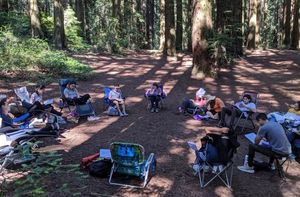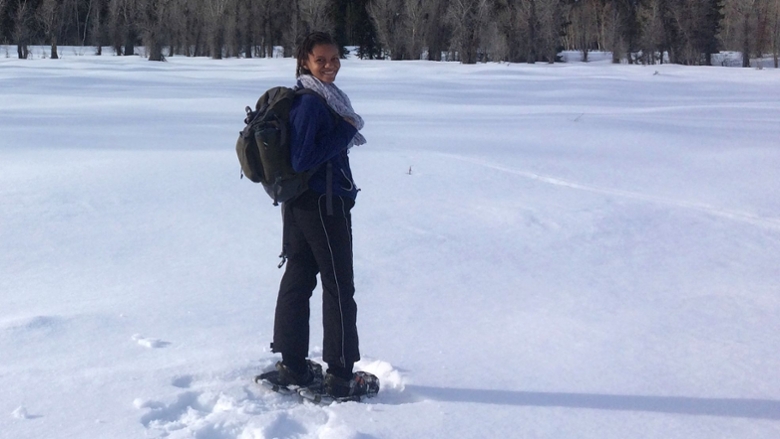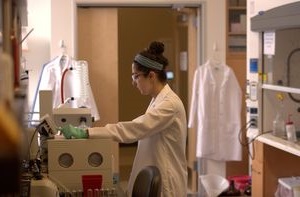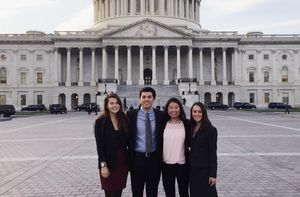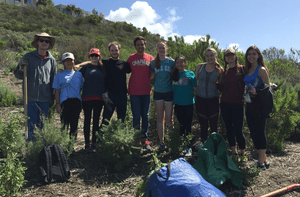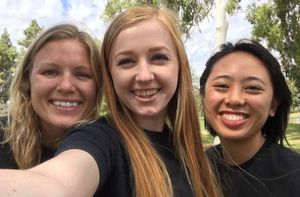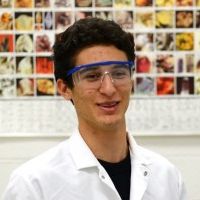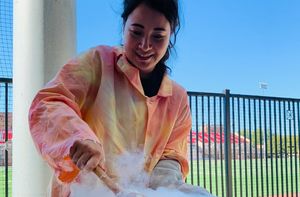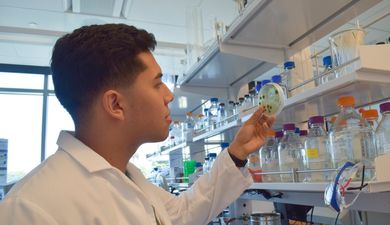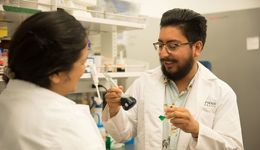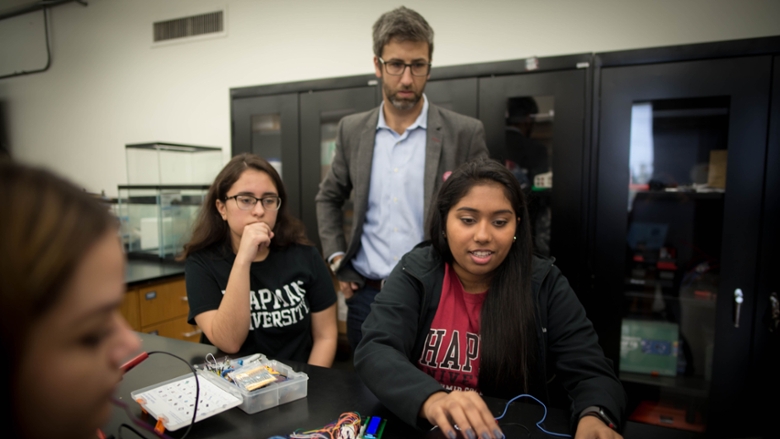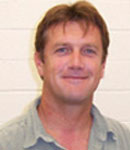
Warren de Bruyn
Professor
debruyn@chapman.edu
Dr. de Bruyn is an analytical and physical chemist who specializes in atmospheric chemistry, the oxidative capacity of the troposphere and global climate change.

Hesham El-Askary
Professor, Director, Computational and Data Science Graduate Programs
elaskary@chapman.edu
Dr. El-Askary is an earth system scientist with a major interest in natural hazards, atmospheric events and using renewable energy to address global climate change issues. His research centers on detecting, monitoring and studying extreme events such as dust storms. He also focuses on studying air pollution over megacities and addressing problems of resource management to build sustainable development goals.

Joshua Fisher
Associate Professor
jbfisher@chapman.edu
Dr. Fisher is a climate scientist focusing on terrestrial ecosystems, water, carbon, and nutrient cycling using a combination of remote sensing, supercomputer models, and field campaigns from the Amazon to the Arctic.

Patrick Hunnicutt
Assistant Professor
phunnicutt@chapman.edu
Dr. Hunnicutt's research examines how shortages in environmental goods and services, like clean water and security from climate change, are a significant barrier to human well-being. Part of his work examines how citizens around the world can collectively mobilize to elicit better environmental goods and services from the government.

Jason Keller
Professor
jkeller@chapman.edu
Dr. Keller is an ecologist broadly interested in the flow of carbon and nutrients through ecosystems. Much of his work explores how ecosystems will respond to ongoing global change.
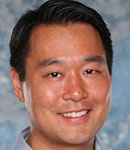
Christopher Kim
Professor, Associate Dean, Academic Programs
cskim@chapman.edu
Dr. Kim is an environmental geochemist who specializes in the environmental impact of mine waste and contamination, including metal contamination, bioaccessibility, nanoparticles, chemical speciation and x-ray spectroscopy.

Crystal Murphy
Associate Professor, Director, MA in International Studies Program
crmurphy@chapman.edu
Dr. Murphy's research focuses on conflict, humanitarianism and development, and advocates qualitative methods for policy oriented scholarship. She has worked for and carried out field research with NGOs, UN agencies and financial institutions in East Africa.
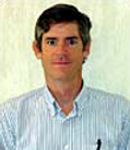
Walter Piper
Professor
wpiper@chapman.edu
Dr. Piper conducts a longitudinal study of the common loon, focusing on such topics as territory defense and acquisition, the impact of old age on behavior and more.

Richelle Tanner
Assistant Professor, Co-Program Director for Environmental Science and Policy
rtanner@chapman.edu
Dr. Tanner's research is broadly interested in how climate change affects both ecological and human communities and our mechanisms of resilience.

David Shafie
Associate Professor, Co-Program Director for Environmental Science and Policy
shafie@chapman.edu
Dr. Shafie's research and teaching interests include public policy, environmental politics, and California politics.
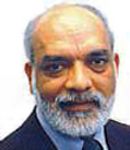
Ramesh Singh
Professor
rsingh@chapman.edu
Dr. Singh's research interests include natural hazards, early warning of coastal earthquakes, soil moisture, landslides, snow avalanches and more.

Virginia Warren
Professor
vwarren@chapman.edu
Dr. Warren has published articles on medical ethics, environmental philosophy, philosophy of mind and Kierkegaard. Her current research focuses on developing a new approach to applied ethics, with particular emphasis on justice, equality, and war. She teaches courses in ethics, political and legal philosophy, environmental ethics, medical ethics and philosophy of women/women of color. She is a long-time member of the Ethics Committee of the Children's Hospital of Orange County.
